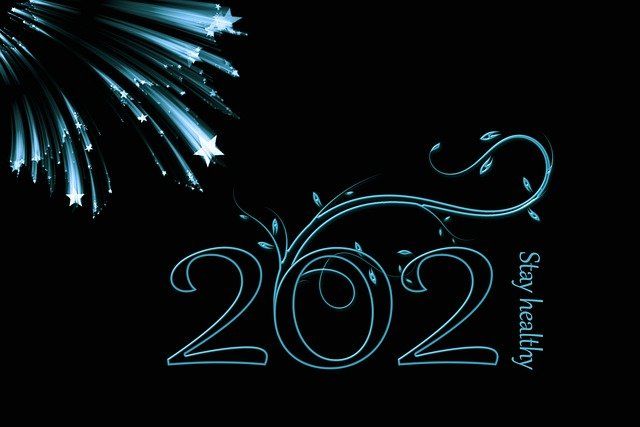How to Get That Job You’re Due, Make an Entrance and an Exit
Rightly or wrongly, so much is decided in the first few seconds of meeting someone for a job interview or presentation. This is the point where corporate and acting careers converge. You are about to make an entrance, just as we do in show business, and at the end of the meeting, you will also make an exit.
Make an Entrance – and Make it Count!
I can’t tell you how many people (actors and business people alike) consistently blow their entrances. They throw this precious opportunity away by:
- Rushing
- Being led, rather than leading
- Not using the room to their advantage
Making an entrance is a natural way to present and sell YOU. However, if you don’t project passion, energy and animation in the first thirty seconds of your interview, you are throwing away what may be your best chance to get the job your due or make the sale.
Easier said than done, you say? Here are some strategic tips to make your entrance count:
If the door to the room is closed, as you enter the room, close it again behind you (or simply ask if it should be left open or closed). If you close the door, don’t turn your body to close it. Feel for it with a free hand, keeping your body open and facing the others in the room.
Take your time. This can take a little practice, but trust me. It is worth it!
One important tip on closing the door correctly when entering a room – don’t ever close the door and start speaking at the same time, as this sends the message that neither you, nor your words, deserve to stand alone and be heard.
Taking Your Due
Standing with presence and acting as though you’ve earned this moment is called “taking your due.” “Due” is defined as something that is owed or naturally belongs to someone. You have worked for this moment and you deserve it. If you haven’t earned it, take care of that later, but for now, act like you have and people will treat you as if you deserve it. (This alone is a great confidence builder.)
Now is the moment when all of your talents need to be gathered up and readied for release. At this moment, you should be filled with passion, energy and animation.
Give your greeting, followed by your name if this is a first meeting. Include the name of the person you are meeting in your greeting: “Good morning, Mrs. Harrison, I’m Laurie Burton!”
Now, here is a decision that you need to make on your own, but I always make it a point to shake hands with the person I am meeting, even if I have to reach across a desk to do so. I know some people totally disagree with this, saying that it is an invasion of someone’s space. That’s fine, but if somebody doesn’t come around the desk, stand up, or welcome me in some way, there is no way I’m going to let that moment pass without making physical contact!
This is also “taking your due.” You take charge of the way you are treated.
Time to Go: Make an Exit Memorable
You’ve just had an incredible interview, so for heaven’s sake don’t mess it up by looking like one of the Three Stooges as you leave. Gather your things and place any presentation materials in your left hand so that your right hand will be free for “goodbye” handshakes. After shaking hands, as you head for the door, make sure to keep your body open to the person you are leaving behind.
When exiting a room, do not open the door with your back to the person. Open the door with your body open, perhaps by giving another simple thank you, and out you go.
One thing you do not want to be in an interview… is dismissed. As a beginning actor, I heard something very similar to the “don’t call us, we’ll call you” dismissal, far too many times. To not be dismissed requires you to gather every bit of your nerve and ask a very important follow up question before making your exit. For example:
- Do you think I would be a good fit for the company?
- Do you have other job requirements in mind?
Whatever the answer to you, the most important thing I’m asking you to consider is that you make yourself memorable and never allow yourself any opportunity to be dismissed.
Making an effective entrance and memorable exit require just a few simple actions.
- Be confident in the knowledge that because you have so much to offer, they are lucky you came for the interview.
- Be ready with a question or comment about the company—and try to be the last one to speak.
- Be anything but ordinary – be extraordinary in how you present yourself.
Remember: An interview is always a two-way street, but how to get that job your due will always depend on your ability to make an entrance and an exit count as much as everything else that happens in between.
Laurie Burton Training Blog








